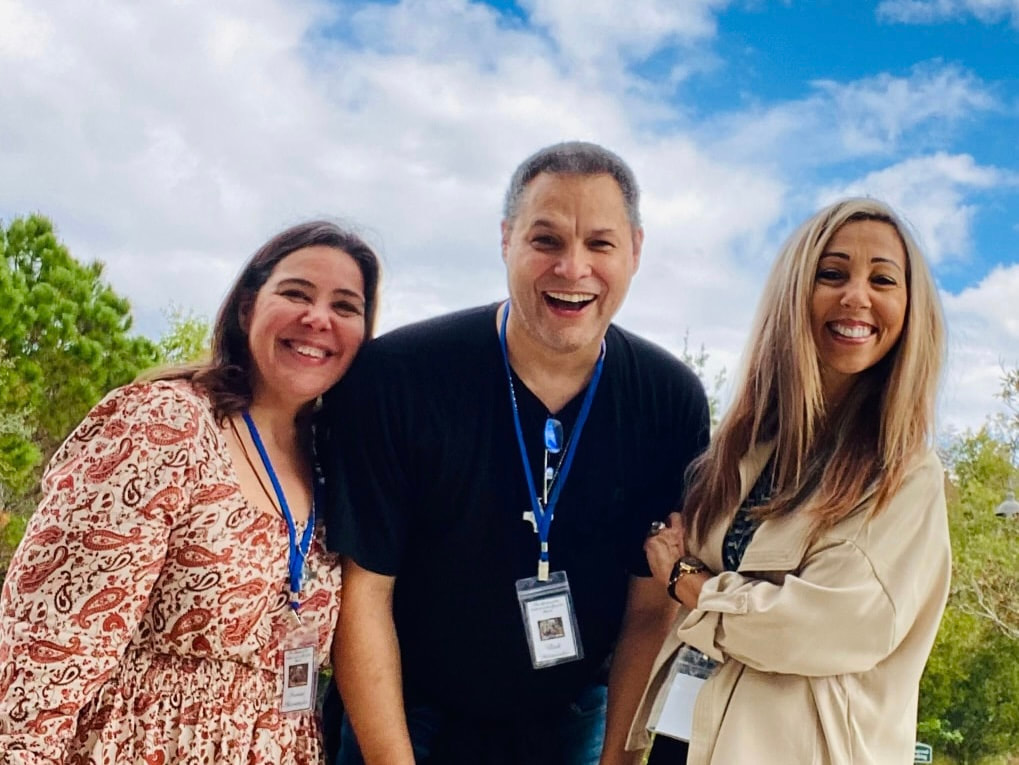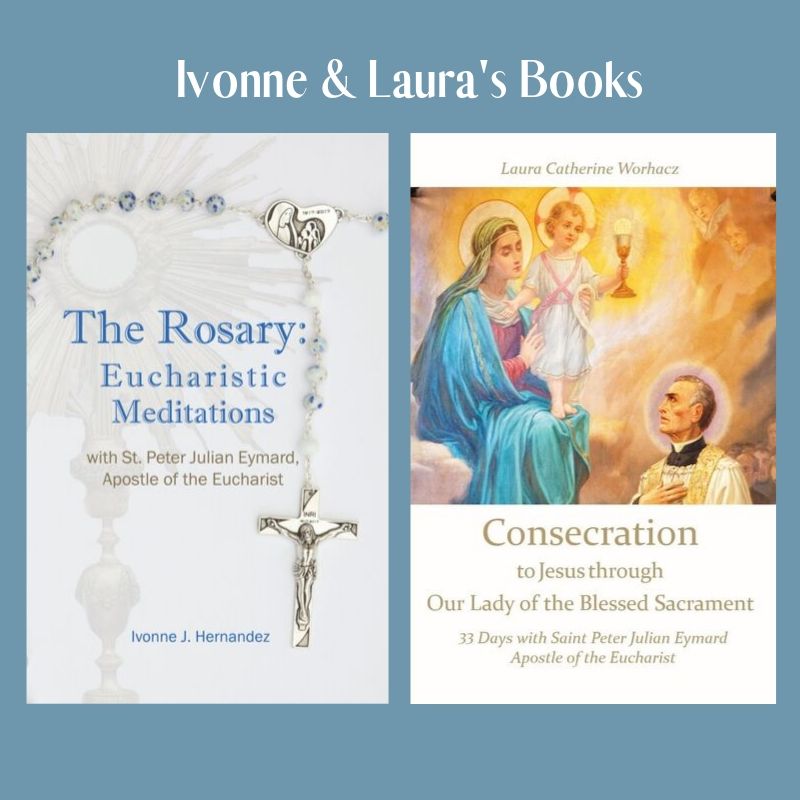ELISHEBA BLOGLaura, Ivonne, and Rick
write about their lives in the Eucharist. |
|
By: Ivonne J. Hernandez Early in our marriage, Rick and I would have a recurring argument whenever one of us would ask the other for a pot to cook with. We both grew up in Puerto Rico; I grew up in the North of the island and he grew up in the South. And even though the island is only 35 miles wide, there were small variations in the meaning of words. Most of them were small and you could figure out their meaning from the context, but some had real-life implications for us. Like the fact that what he called a pot, I called a pan…and what I called I pot, he called a pan. For those who speak Spanish, the words were “olla” and “caldero” (not exactly pot and pan, but close enough). You would not believe the time we spent arguing about these two words…mostly joking, but arguing, nevertheless. To this day, if I ask Rick for an “olla”, he will give me a “caldero”. He is not doing it to be difficult; it is just what that word means to him. How did we fix this problem? Did I re-learn what “olla” means for him and ask him for a “caldero” instead? No, the meaning of those words is deeply ingrained in me. What I do now is ask in English, where we both agree that a pot is a pot and a pan is a pan.
There are words and phrases I use every day with those who share my Catholic faith that would be difficult to communicate with someone who does not share my faith. Words like love, marriage, sacrifice, obedience, justice, happiness, mercy, joy. Each of these words, when used in the light of the Gospel, take on a meaning that eludes those who hear them from a different perspective. It is a language different than their own. How do we communicate with someone who speaks a different language than us? We must find a common language. That common language is love. Not the word, dare I say, for the word can have different meanings, but the action, the verb. "If I speak in human and angelic tongues but do not have love, I am a resounding gong or a clashing cymbal. And if I have the gift of prophecy and comprehend all mysteries and all knowledge; if I have all faith so as to move mountains but do not have love, I am nothing. If I give away everything I own, and if I hand my body over so that I may boast but do not have love, I gain nothing. Love is patient, love is kind. It is not jealous, [love] is not pompous, it is not inflated, it is not rude, it does not seek its own interests, it is not quick-tempered, it does not brood over injury, it does not rejoice over wrongdoing but rejoices with the truth. It bears all things, believes all things, hopes all things, endures all things. Love never fails." (1 Corinthians 13: 1-8) The difference between the intellectual exercise of exploring a hypothetical moral dilemma and the sharing of a testimony is that the latter involves a real person, thus, love enters the equation. It is only then that we can experience an encounter with the other, seeing them for who they are. When we open our eyes to see, and open our ears to hear, and open our hearts to give, we are open to receive. This kind of encounter transcends barriers of language, of religion, of experience, and of circumstance. We are not called to change the world; that is God’s job. We are called to make of our lives a testimony, a living witness to the love of God. We are called to share the Gospel and witness to the Truth. We are called to love, and from that common language we can then perhaps have real dialogue. “Always be ready to give an explanation to anyone who asks you for a reason for your hope” (1 Peter 3:15).
0 Comments
Your comment will be posted after it is approved.
Leave a Reply. |
Categories
All
FOLLOW US ON SOCIAL MEDIA:
AuthorsWe are Ivonne J. Hernandez, Rick Hernandez and Laura Worhacz, Lay Associates of the Congregation of the Blessed Sacrament, and brothers and sisters in Christ. |
Copyright © 2024 Elisheba House Inc.
Elisheba House is a 501(c)(3) non-profit organization. Federal Tax ID Number 84-1894146
Florida registration for Solicitations of Contributions #CH71652
A COPY OF THE OFFICIAL REGISTRATION AND FINANCIAL INFORMATION MAY BE OBTAINED FROM THE DIVISION OF CONSUMER SERVICES BY CALLING TOLL-FREE (800-435-7352) WITHIN THE STATE. REGISTRATION DOES NOT IMPLY ENDORSEMENT, APPROVAL, OR RECOMMENDATION BY THE STATE.
Florida registration for Solicitations of Contributions #CH71652
A COPY OF THE OFFICIAL REGISTRATION AND FINANCIAL INFORMATION MAY BE OBTAINED FROM THE DIVISION OF CONSUMER SERVICES BY CALLING TOLL-FREE (800-435-7352) WITHIN THE STATE. REGISTRATION DOES NOT IMPLY ENDORSEMENT, APPROVAL, OR RECOMMENDATION BY THE STATE.




 RSS Feed
RSS Feed